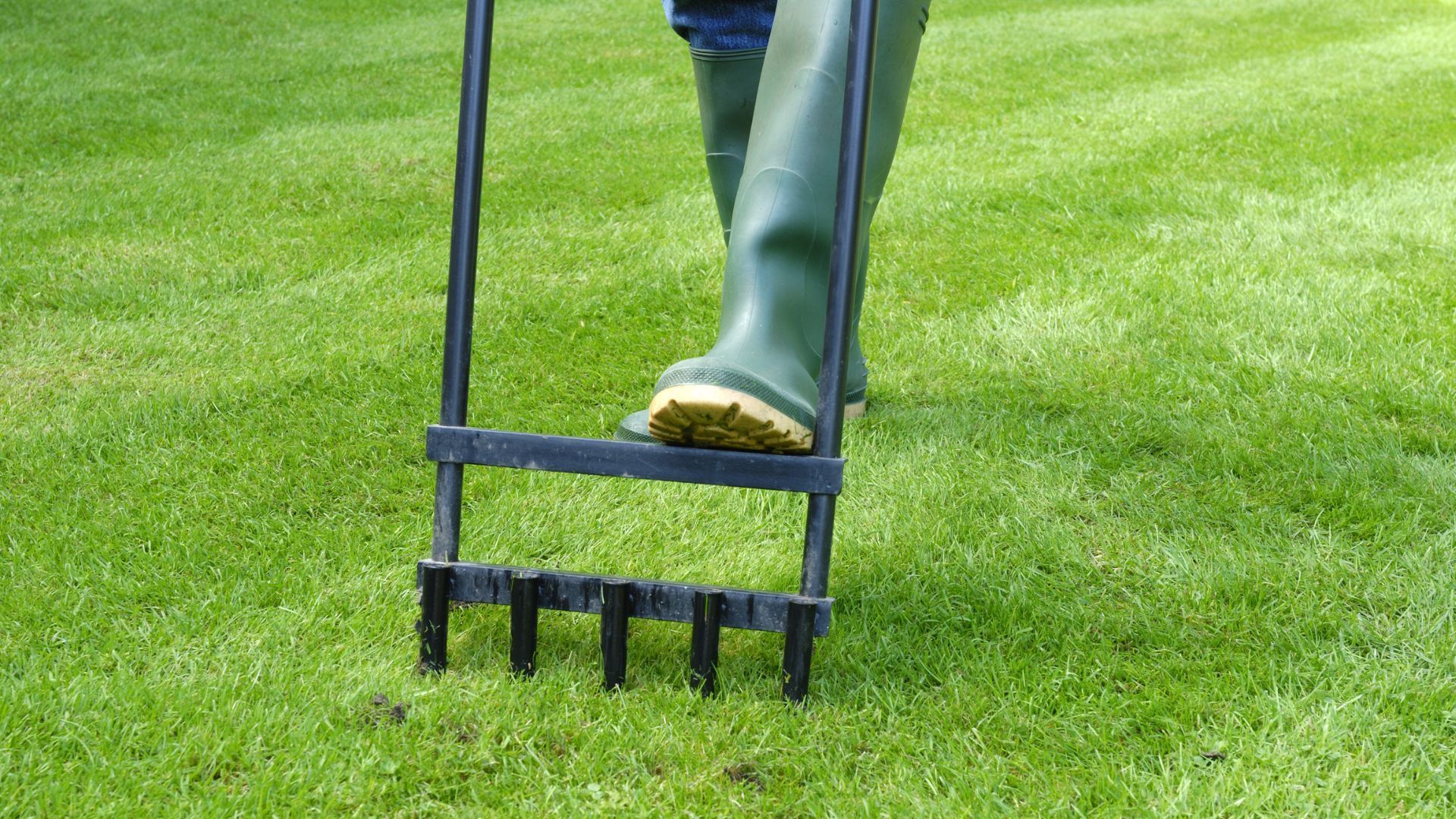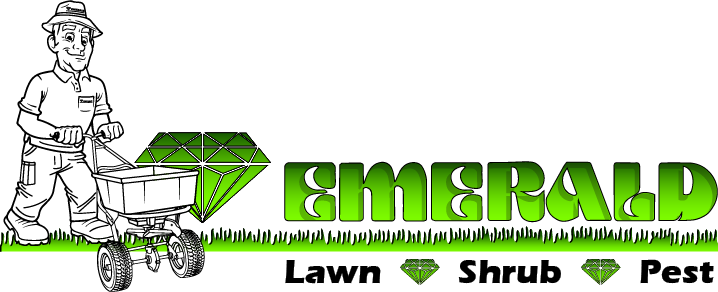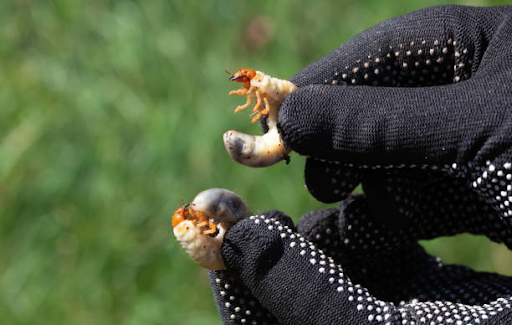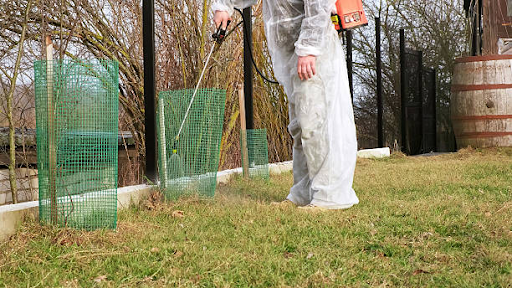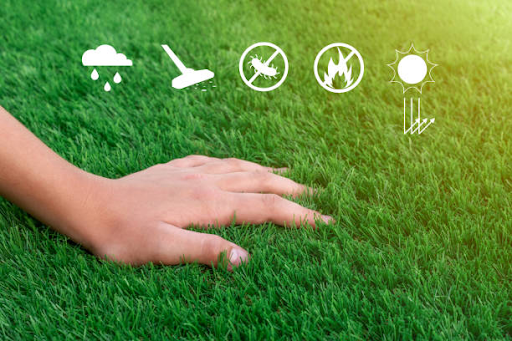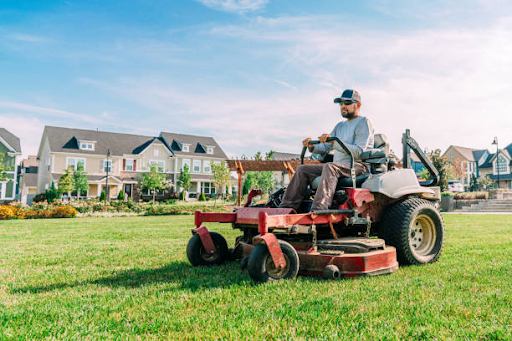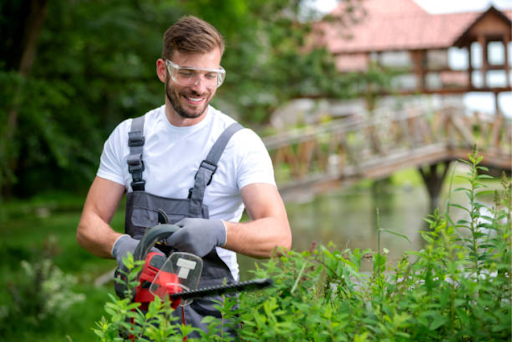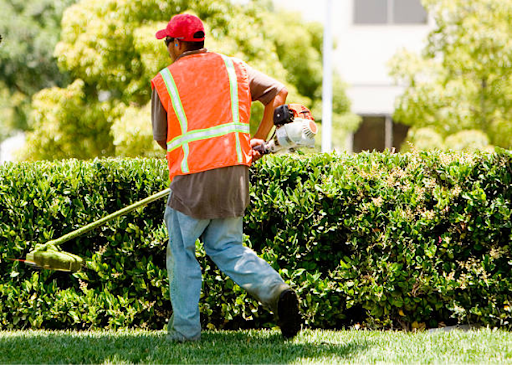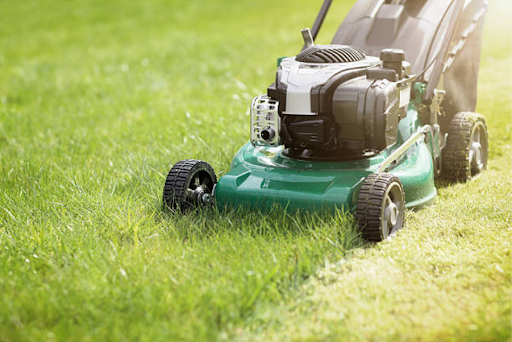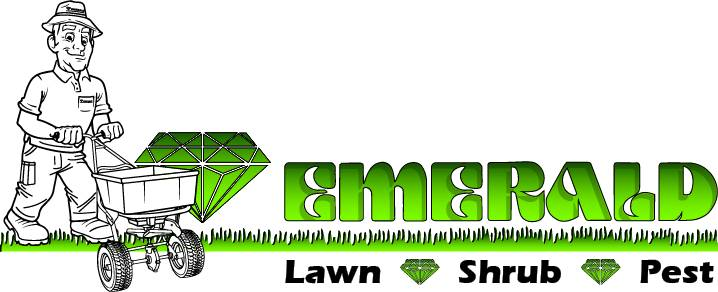Emerald Lawn-Scapes P.O. Box 174 Boonton, NJ 07005-1752
Effective Weed & Pest Control for Lawns in Morris County
Weeds, grubs, moss, and more—if you’re a homeowner in Morris County, NJ, chances are you’ve dealt with some (or all) of these frustrating lawn issues. A beautiful, healthy lawn isn’t just about curb appeal—it’s about creating a comfortable, pest-free space for your family to enjoy.
Whether your yard is showing brown spots, thinning grass, or signs of insect activity, understanding the causes and best treatment options is key. At Emerald, we’ve spent years helping local homeowners fight back against stubborn lawn invaders using smart, safe, and strategic lawn care.
In addition to turf treatments, we also provide targeted pest control solutions to help eliminate unwanted insects like ants, ticks, fleas, and grubs. Our integrated approach protects both your lawn and your loved ones from common outdoor pests—without the harsh chemicals.
Let’s break down what’s causing the trouble—and how to stop it.
What’s Really Damaging Your Lawn?
Many lawn problems are misdiagnosed as simple dryness or overuse. But more often than not, deeper issues are at play. In Morris County, our climate—humid summers, chilly winters—creates a perfect storm for weed and pest activity.
Common local problems include:
- Crabgrass and dandelions, which compete for nutrients and spread fast if not treated early
- Moss, which tends to grow in shady, damp, or acidic soil
- Grubs and chinch bugs, which damage roots and leave large patches of dying grass
- Sod webworms and surface insects, especially in untreated or stressed turf
Without proper diagnosis, you might be using the wrong treatments—or treating at the wrong time.
The Case for Custom Lawn Care
Unlike national chains or DIY kits, local care plans are designed with regional pests and weather in mind. In Northern New Jersey, timing matters just as much as technique. Pre-emergent herbicides only work before weeds sprout, while grub treatments are most effective when the larvae are near the surface.
At Emerald, our treatment schedules are built around the seasons and science—meaning fewer chemicals and better results.
Our team evaluates your property’s layout, soil conditions, and sun exposure to tailor a solution that targets your exact lawn issues. And because we live and work in Morris County too, we know the local environment better than anyone.
Smart Weed Control: Treat the Source, Not Just the Symptoms
It’s tempting to reach for a quick spray or generic weed killer when you spot those bright green invaders. But here’s the truth: weed control requires a longer-term approach.
We begin with pre-emergent applications in early spring, which prevent common weeds like crabgrass from even sprouting. Once weeds appear, we use selective treatments that kill them at the root without harming your grass.
For moss, the solution often lies in correcting the conditions it thrives in—compacted soil, excess moisture, or low pH. That’s why we also focus on:
- Improving drainage and airflow
- Adjusting soil pH through lime treatments
- Boosting turf density to naturally outcompete weeds
By restoring the balance beneath your lawn, we help prevent future outbreaks.
Safe, Targeted Pest Control for Your Yard
Many homeowners don’t realize pests are present until the damage is already done. Grubs, in particular, do their worst damage underground, feeding on grassroots and leaving behind soft, yellowing patches of turf.
Our approach is all about early detection and prevention. We inspect your lawn for signs of insect activity before it escalates into full-blown infestations. Our treatments are designed to be low-impact for families and pets, yet strong enough to eliminate even the most persistent pests.
Key components of our pest control programs include:
- Timed applications to match pest life cycles
- Non-invasive spot treatments for targeted control
- Ongoing monitoring to adjust for seasonal changes
We understand that effective pest control isn’t about using the strongest product—it’s about using the right solution at the right time.
Why Prevention Beats Reaction
One of the most important things you can do for your lawn? Start early. Preventative care lays the foundation for a healthier, more resilient lawn that resists both weeds and pests.
Our proactive plans focus on:
- Fertilization and soil nutrition tailored to your yard
- Aeration and overseeding to encourage thick, healthy growth
- Moisture and pH balance to make your lawn less inviting to invaders
Healthy lawns naturally choke out weeds and create an inhospitable environment for harmful bugs. That’s why we encourage seasonal check-ins and routine soil testing to stay ahead of problems before they start.
If you're looking to take the guesswork out of lawn care, our seasonal tips and care advice can help you better understand what your lawn needs, month by month.
What Makes Emerald Different?
We’re not a big-name brand or a call center hundreds of miles away. We’re a locally owned and operated team based right here in Morris County, and that means we treat your lawn the way we’d treat our own.
What sets us apart:
- Personalized service with every visit—no rotating crews
- Friendly, knowledgeable technicians who live locally
- Environmentally conscious products and responsible application methods
- Solutions based on real experience, not sales scripts
Most importantly, we never lock clients into services they don’t need. We take time to explain your lawn’s condition and give you options that suit your goals and budget.
Final Thoughts: Your Lawn Can Bounce Back
Your lawn doesn’t have to be a constant source of stress. Whether you’re battling persistent weeds, struggling with patchy grass, or unsure why your turf just won’t thrive-help is closer than you think.
At Emerald, we bring local knowledge, tailored care, and a passion for helping Morris County homeowners love their lawns again. It starts with a conversation-contact us to schedule your personalized lawn assessment.
Your lawn is a living system—and with the right care, it will reward you season after season.
FAQs
What’s the best time to treat my lawn for weeds and pests in NJ?
Early spring and late summer are key windows for pre-emergent weed control and grub treatment.
Are your lawn treatments safe for kids and pets?
We use low-toxicity products with clear post-application safety instructions. Your family's well-being comes first.
Can moss be permanently removed from my lawn?
Moss can be reduced significantly with soil correction and improved drainage. It may take several seasons for full control.
How do I know if I have grubs?
Look for brown patches that lift easily like a carpet. Birds digging in your lawn are another sign of grub presence.
Do I need lawn treatments year-round?
Not necessarily. We offer flexible seasonal programs based on your lawn’s condition and goals. Prevention often requires fewer treatments over time.
